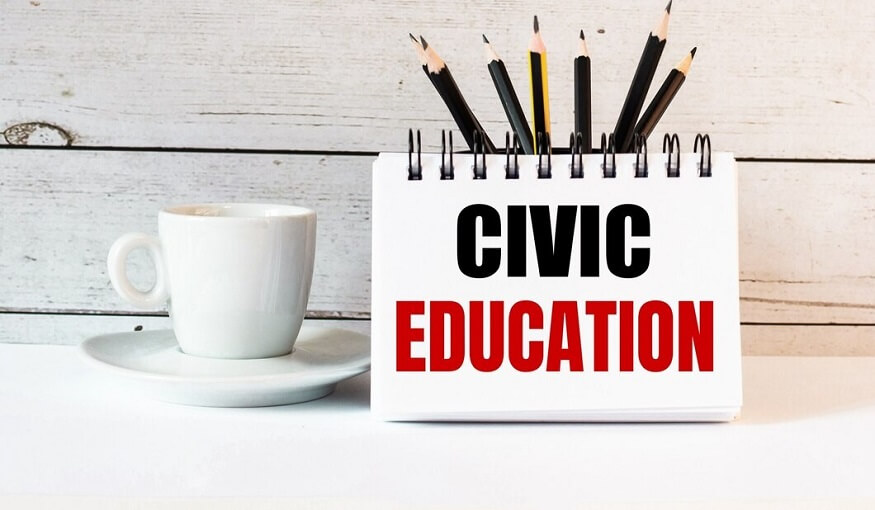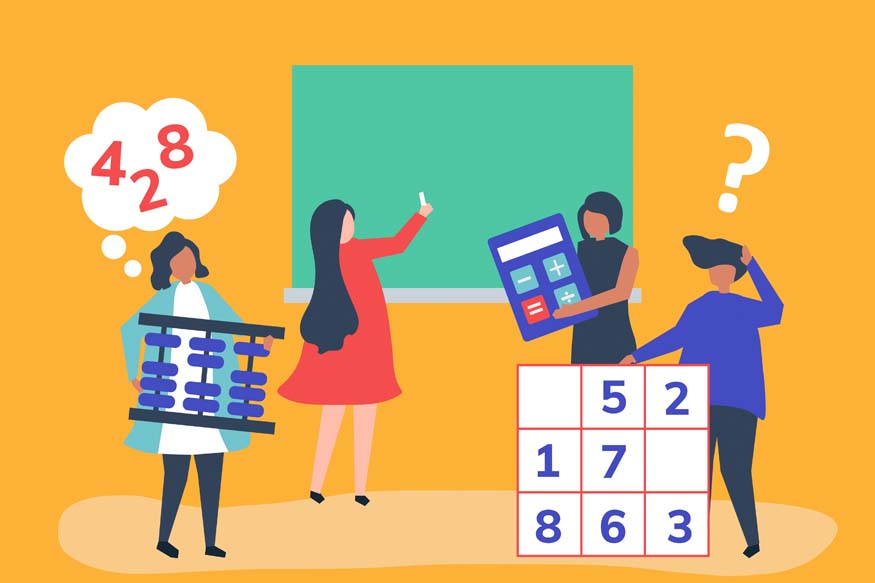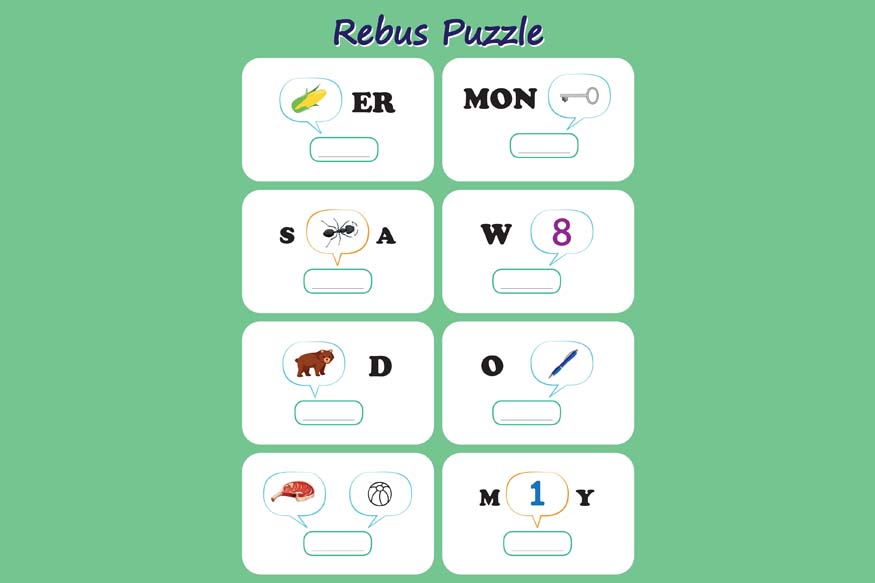Schools lay the foundation of our thought processes and opinions. They teach us moral values and play a key role in shaping the future citizens of the country. Schools assist students in learning and applying the skills, values, and actions necessary for performing civic duty. They also provide a platform for civic participation and encourage a sense of belonging amongst students.
Origins of Civic education
Civic education can be termed as a branch of Civics or Political Science as we know today. The term “civics” originates from the Latin word “civitas,” meaning “city.” The ancient Greeks were the first to study civics, developing the initial democratic government.
In the 18th century, philosophers such as Voltaire and Rousseau discussed democracy and citizens’ rights. Although the study of civics has progressed, its fundamental principles remain constant to encourage good citizenship and prepare individuals for political involvement.
Many people view Benjamin Franklin as the father of civics because he was a founding father of the United States and strongly supported democracy. He believed that every citizen should have a voice in their government and be involved in politics. Franklin’s ideas on civics have greatly influenced the United States and remain relevant today.
Understanding what is civics
Civic education goes beyond politics and society, it also includes involvement in classrooms, neighbourhoods, groups, and organisations. In civics, students learn to contribute to public processes and discussions of real issues. They can also learn civic practices like voting, volunteering, and working with others to make society better.
Civics allows students to not only learn about how others participate but also to actively participate and take informed action themselves. Civics is the study of citizenship and government. It includes the history of democracy, the process of making laws, and how citizens can get involved in their government.
Learning about civic education helps us understand how the government works, as well as civil law and civil code, especially in democratic countries. It makes sure we know the importance of democracy’s values and principles. It educates us to be knowledgeable and to appreciate the significance of being a good and responsible citizen.
It is crucial to prioritize civic education in our society. Learning about civics helps students grasp their roles and duties as citizens, enabling them to participate actively in democracy. Additionally, civics education instils the values of being responsible neighbours and community participants.
Advantages of civic education in schools
- It improves the fundamental knowledge of how our government works, including how laws are made and policies are created.
- Develops important skills that are highly sought after by colleges, universities, and employers.
- Bridges the divide in civic knowledge and participation among different racial and socioeconomic groups.
- Fosters a welcoming school environment where students feel safe and supported socially, emotionally, and physically.
- Develops reading and writing abilities essential for acquiring knowledge to make informed choices on important national matters.
- Promotes community engagement and involvement in addressing local issues.
- Boosts the responsibility of elected leaders to the public.
- Enhances the transparency of the government.
- Encourages more voting and political discussions at home.
The purpose of civic education
The major purpose of civics education should be to equip young people to engage actively and effectively in our diverse democracy. This means helping them understand the differences in power and participation, and encouraging them to challenge unfair power dynamics that favour some while sidelining others. Civics education should also teach them to appreciate the experiences and viewpoints of various groups, learn about their histories in this country, imagine ways to coexist without oppression and foster genuine inclusive democratic participation, which is crucial for addressing societal challenges.
It is crucial to teach civic education in our society. Learning about civics helps students know their rights and duties as citizens, and enables them to participate in democracy. It is important to see what civics and citizenship education is taught in schools. At Center Point School, we ensure students understand their rights as well as responsibilities towards society. This knowledge helps them tackle some of the major issues our society faces. We also show students how to be good members of their community. Civic education helps students. Civic education is crucial as it empowers individuals with knowledge about their rights and responsibilities. It further ensures that citizens can effectively participate in and contribute to the betterment of society.





